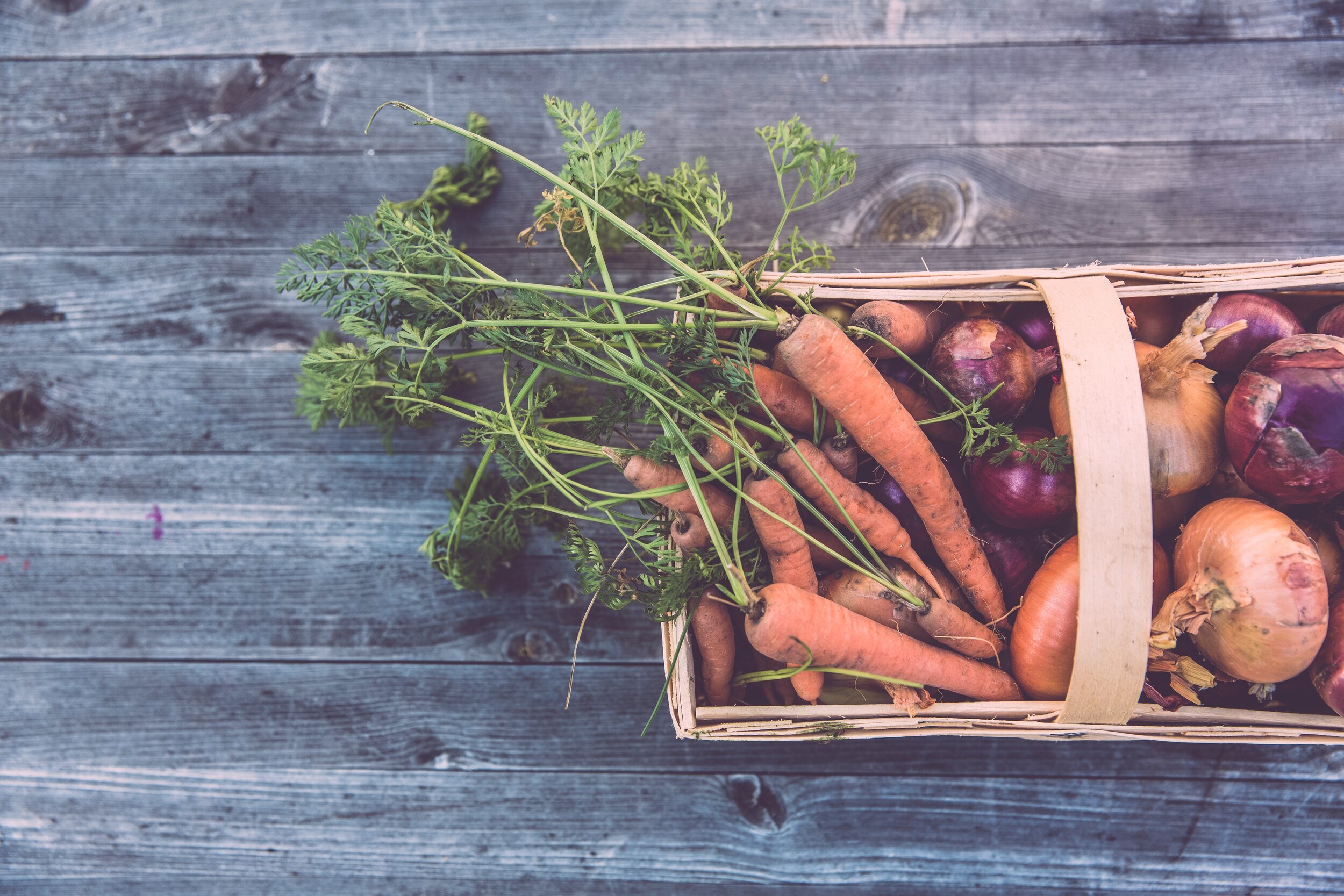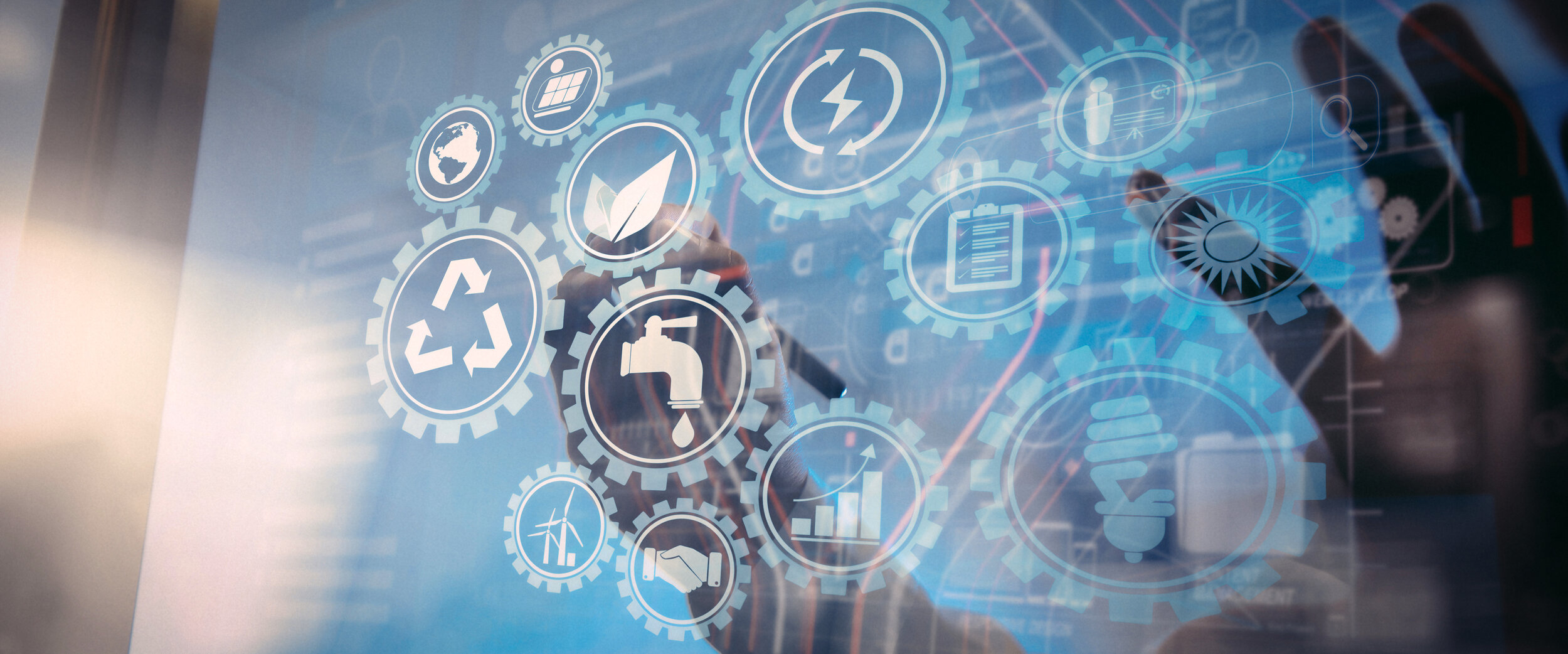INSIGHTS FROM PICO ANALYTICS
Sustainable Finance News and Insights to help you navigate the current financial climate.
Cobalt Mining in the Democratic Republic of the Congo
In our previous paper we covered all the major issues associated with the mining of cobalt and various other precious minerals which are contributing to the sustainability revolution. In this paper we will shift focus to the solutions and innovations which are taking place in the mining sector in the hope that the further dissemination of this information will educate the general public and possibly inspire those involved in mining to look into and apply some of the things they have learnt here. Our emphasis will also be on ESG’s, SDG’s and accountability which all have a part to play in changing the face of mineral mining around the world.
Climate Finance; Why is Climate Finance and the Loss and Damage Fund so Critical to Bolstering Resilience in Developing Nations?
Climate finance and the loss and damage fund have been some of the most vigorously debated topics linked to climate change in recent years. Climate finance “refers to local, national or transnational financing—drawn from public, private and alternative sources of financing—that seeks to support mitigation and adaptation actions that will address climate change” (United Nations Climate Change, 2023). It is by no means a new topic of discussion or a new idea as it has been part of the international climate discourse since the Kyoto Protocol and the Paris agreement. The climate finance movement has, over the past few decades been championed by those nations who have contributed the least to climate change, whilst experiencing its worst effects without possessing the necessary financial capital to bolster their resilience or rebuild in the wake of disasters (United Nations Climate Change, 2023).
Pico Analytics Fortnightly Newsletter: A World of Extremes Edition
The summer has arrived and there is excitement in the air as schools wind down for the holidays, the suitcases are dragged out of the attic, we go digging around in the medicine cabinet for that one bottle of sunscreen and we scroll on our phone for hours after typing in 'things to do near (insert place name here)'. Flights are taking off in all directions as enthusiastic travellers head off to spend a few weeks in the sun or board trains looking forward to a relaxing staycation. For some the warmer weather in places like the UK is welcomed but in reality it should be considered as a warning sign.
The New Face of Poverty: How Climate Change is Impacting the Poor and How Sustainability is the Only Way Ahead
Global poverty is on the rise. With the toxic mixture of the Covid-19 pandemic, the war in Ukraine, the ensuing economic instability, and the mushrooming cost of living crises, for people and communities around the world it is difficult to imagine how life could be any harder or how it could improve. The World Bank estimates that in 2020 the number of people living in extreme poverty rose by 70 million to more than 700 million. The bumpy road to post-pandemic recovery has brought little improvement as the present overall number is only expected to have dropped to around 685 million people. If this global turbulence were to continue then we can expect to still see 574 million people living in extreme poverty i.e. living on less than $2.15 a day, in 2030 (The World Bank, 2022)…
Pico Analytics Fortnightly Newsletter: Lifestyle Edition
As we rapidly head towards Christmas, communities around the world are putting up decorations, wrapping presents, purchasing huge quantities of food and drink, and traveling varying distances to spend the holiday season with family and friends. Though it's important that we all enjoy this opportunity to take a break from the stresses and anxieties that loom over everyday life and to treat ourselves to a minced pie or box of chocolates it is important that we continue to be mindful of the lifestyle choices we make and how they impact upon the planet.
Pico Analytics Fortnightly Newsletter: Eight Billion People and Counting Edition
As the global population tops eight billion we are facing challenges few of us would have envisioned even ten years ago. Food and water insecurity are already prevalent in "hunger hotspots" across the globe with famine threatening people from the Horn of Africa to Afghanistan. The impacts of war and violence are bleeding across national borders and migration is on the rise. The cost-of-living crisis is forcing families to choose between heating or eating and in some cases not being able to do either, instead being forced to rely on the charitable donations of others. Accessing basic resources is rapidly becoming a battle ground as affordability slips through the fingers of the general public, whilst political infighting leaves national economies in tatters. Meanwhile, climate change lingers over us exacerbating every crisis yet further leading to increased gender-based violence, displacement and malnutrition amongst children and adults alike. Yet, we continue our current path, patting ourselves on the back for making compromises at Cop27, or remembering to take the recycling out and all the while either forgetting about or failing to appreciate the bigger picture.
Pico Analytics Fortnightly Newsletter: Our World Pre-COP27
Change. There is nothing more intrinsic to the existence of humanity and the planet we live on as change. Yet, such a short word conveys not only that strange and unsettling mixture of emotions one feels when hearing it but is also used to translate into language the way time interacts with human society and the natural world. Today, we face change on an unprecedented scale, but this change is not one we can afford to be fearful of, nor can we afford ourselves the time to become accustomed to such rapid changes. Instead, we must be bold, we must take action and we must embrace changes in every facet of our lives, from the food on our plates, to the way that we travel, and to the items we pick off the shelves. In governance and policy, the changes will need to be yet more extensive with restructuring required at every level and in every sector to ensure that our planet has a future.
Pico Analytics Fortnightly Newsletter: Asia & The Pacific Edition
Asia and the Pacific is one of the most expansive and diverse regions on earth. It contains some of the greatest disparities in wealth and access resources whilst being rich in culture and innovation. There are areas where you can walk for miles and never meet a soul and in others you can barely move through the hustle and bustle of densely populated cities. The sheer complexity of cultures and peoples is all at once overwhelming and at the same time a magnificent display of the human capacity to adapt and be creative. Yet, as the climate crisis worsens, and few places are left untouched by its impacts, the strengths and weaknesses of political systems and local methods of resilience will be tested in equal measure.
Pico Analytics Fortnightly Newsletter: Our Mid Year Review Edition
2022 marked a year of hope as numerous nations continued to speak out on climate change and the need for sustainable development. The Cop26 agenda appeared to be in full force as not just international governments but entire communities were dedicated to making changes that would positively benefit our planet. Six months later and the progress we have made leaves much to be desired.
Pico Analytics Fortnightly Newsletter: Our Food for Thought Edition
This edition hopes to provide you with some useful food for thought ranging from rethinking misinterpretations of the IPCC report, to contemplating the nuclear energy turnaround in South Korea. These stories shine a light on some of the most concerning and questionable behaviours of governments and businesses around the world. Food and water is the prevailing theme of this edition in recognition of the cost of living crisis and the difficulties faced by many in being able to afford to put food on the table for their families. In our sustainability spotlight we have included a successful new app which aims to reduce food waste and which we hope our readers will try out the next time you have a surplus of food. This newsletter, as usual, will provide a short summary of some of the most notable, informative and quirky recent climate stories in the hope that it provides inspiration and insight into climate news from around the world. Finally, we want to hear from you, our readers, about any topics that interest you, which we can either produce research papers on or include stories in future newsletters.
Commitments, Conglomerates and Consumption; The Great Expectations and Inadequate Responses of Big Business and International Organisations
Cop26 is less than six months behind us and already we are seeing that the agreements made are not evergreen. Instead, autumn has come early as each pledge, like a leaf turned brown and weakened by the retraction of energy, falls from the tree, leaving the branches bare and waiting for another spring to grow back into full, but temporary glory. With Cop27 a year away the climate news of the last few weeks should create great cause for concern. Whilst pledges are being implemented, many are facing challenges and we must be patient in allowing both the private and public sector to find new solutions to the age-old issues that plague sustainability and net-zero aims.
SDG #12 Responsible Consumption and Production
Global population is increasing and the latest data shows that it could grow up to around 8.5 billion in 2030 and 9.7 billion by 2050. At the rate consumption is growing, the equivalent to almost three planets could be required to provide the natural recourses needed to sustain current lifestyles. SDG 12 was created to ensure sustainable consumption and production patterns.
SDG #2 Zero Hunger
Over the past several decades, population growth, inequalities and diversification of diets have, naturally, increased the demand for food. The current food crisis is an immense challenge, and it will require global commitment to be dealt with successfully. The second SDG focuses on this problem, and it aims to end hunger, achieve food security and improved nutrition, and promote sustainable agriculture.
HLPF Review and Progress on the Sustainable Development Goals
Over the past week, the High-level Political Forum on Sustainable Development (HLPF), has come together to follow up with the results achieved and finding new ways to work towards the UN’s global targets that we know as the Sustainable Development Goals.
Analysing progress on SDG 3: Good Health and Well-being
SDG #3 is being closely monitored during the current times and countries are struggling to keep their health care systems up and running as they should. The COVID-19 pandemic has shown how important it is for countries and nations to be united and work together.
SDG #1 No Poverty – and the Impact of COVID-19
SDG #1 - No Poverty is at the centre of the Sustainable Development Goals and currently projections are bleak for the impact of COVID-19 on global extreme poverty levels. In essence, to eradicate absolute poverty, and to do so sustainably, would demonstrate the successful achievement of all the SDGs.
SDG #17: The Global Partnership for Sustainable Development
SDG 17 is a specific goal that works to strengthen the means of implementation of the SDGs, as well as revitalising the global partnerships for sustainable development. In this article we discuss the importance of global cooperation to tackle the SDGs and recent initiatives including the latest G7 agreement and looking forward to COP26.
Reporting Against the Sustainable Development Goals in the UK
The United Kingdom is an outperformer when considering global sustainability standards, since the implementation of the SDGs in 2016. This article seeks to evaluate the UK’s approach to the successful achievement of the Sustainable Development Goals, across both the public and private sphere.
SDG #5 Gender Equality and Women’s Empowerment
According to the United Nations… 18% of women aged 15 to 49 have experienced some type of physical and/ or sexual abuse and in 30 countries globally, genital mutilation is happening to 1 in 3 girls aged 15 to 19. This is not only a women’s issue, this is an issue for humanity. SDG #5 aims to achieve gender equality and empower all women and girls.
SDG #11 Sustainable Cities and Communities
Over half the world’s population is living in cities, and this number is expected rise significantly over the coming decades. Cities are hubs for new ideas, culture, science, human and economic development and they play a big role in the fight against climate change.






















